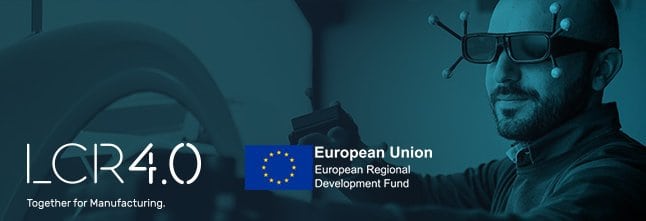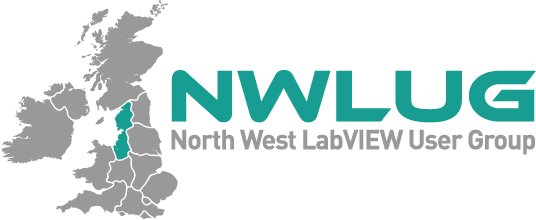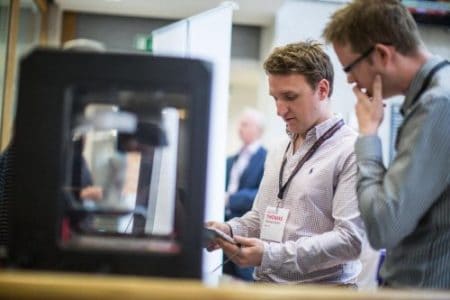
AMRC Factory 2050 Visit
During the visit, he witnessed advanced robotic CNC machining; assisted assembly processes and automated vision inspection systems. These technologies are solving challenges for large manufacturing companies and SME’s.
CNC Robots
The tour started in the ARMC Factory 2050 machine shop. This houses several Kuka robots which have been modified to perform CNC machining operations. These machines are designed to give more flexibility to the machining process. They also give the ability to machine large items that would not fit into a CNC machine. Engineers in Factory 2050 are working on improving the machining accuracy of CNC robots. At the present time, this is typically lower than in a CNC machine. They are tackling this with improved control software.
Collaborative Robots in Assembly
There were several examples of small (7kg – 14kg payload) collaborative robots (cobots) that assist in the assembly processes. These are used in applications where they can improve accuracy and cycle time. However, human assistance is still needed to complete the assembly process, due to the skill required.
Collaborative Robots in Inspection
One demonstration cell showed how cobots can be used with cameras and lighting, to move around a large assembled product and perform multiple vision inspection checks. The robot starts by finding a datum point on the product. It then moves a robotic arm through a sequence, to find different components that require visual verification.
Re-Configurable Shop Floor
A re-configurable shop floor demo showed how cobots, robots and UAVs are used to automatically move components around a factory floor. As a result, custom products can be assembled in low volumes. The ability to move production machinery for low quantities of product, to new locations quickly, is essential for low quantity, high value and high quality manufacturing processes.
Guided Assembly Processes
Finally, the ARMC Factory 2050 wing assembly cell showed how complex assembly processes can be simplified, by guiding operators through each work process. Firstly, the demonstrator used work instructions projected onto the production items. Secondly, Manufacturing Execution Software selected the instructions to display the item in production. It also connected to electric nut-runner tools, selecting the correct torque cycle for the operation; collecting data and moving onto the next assembly process.










